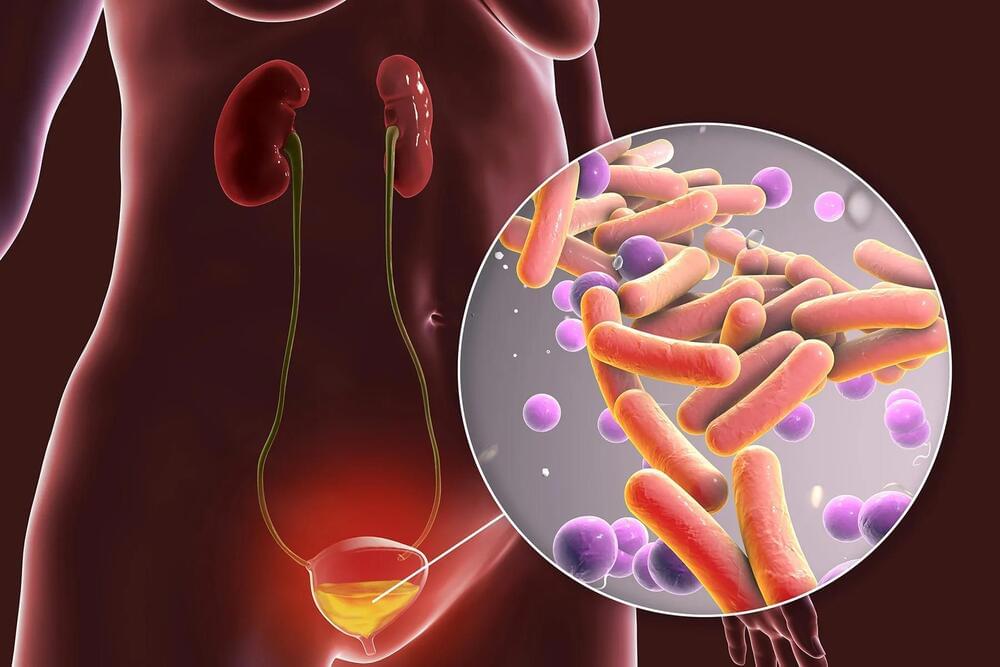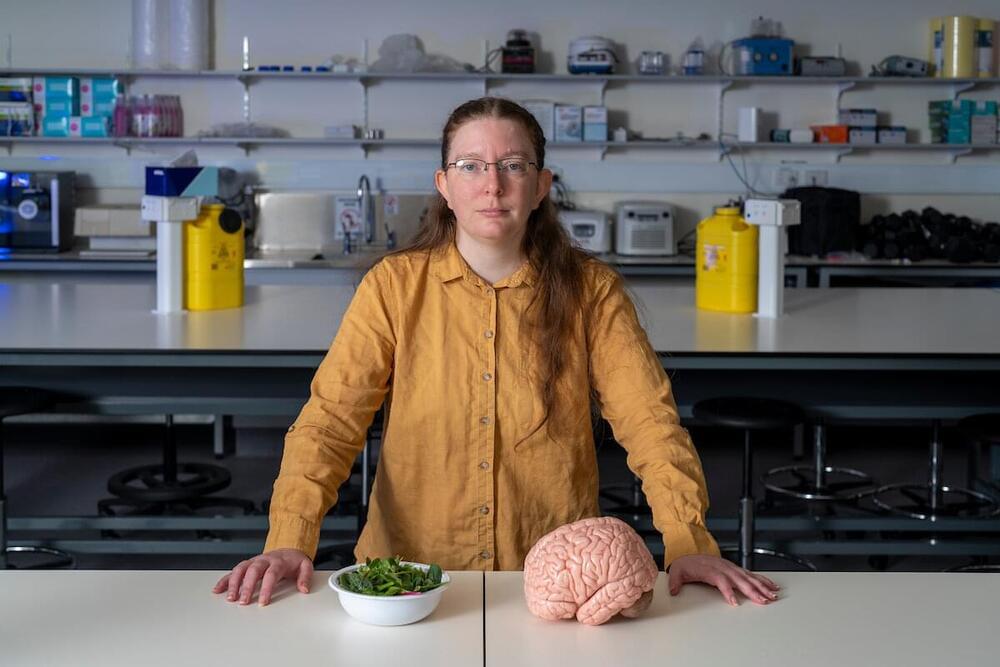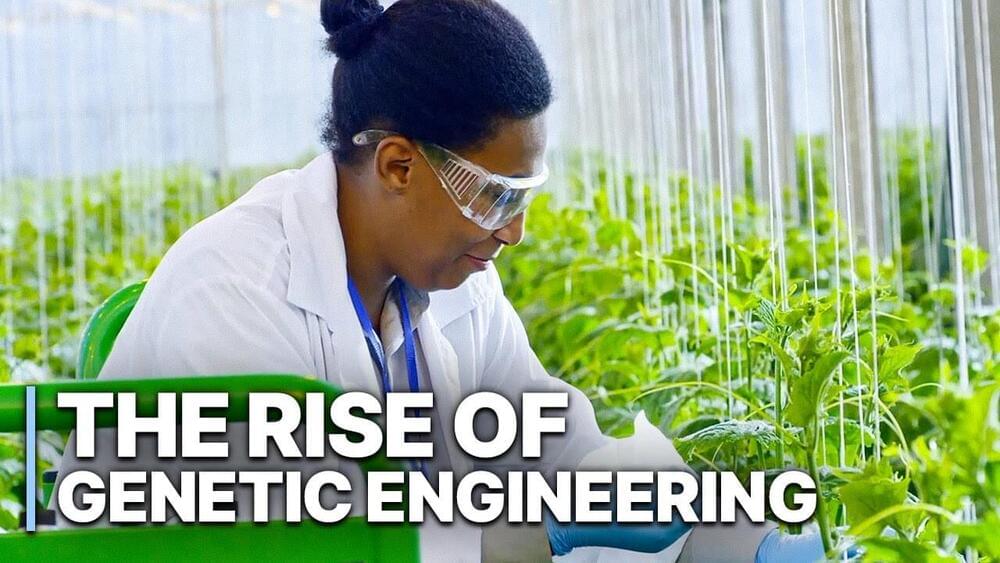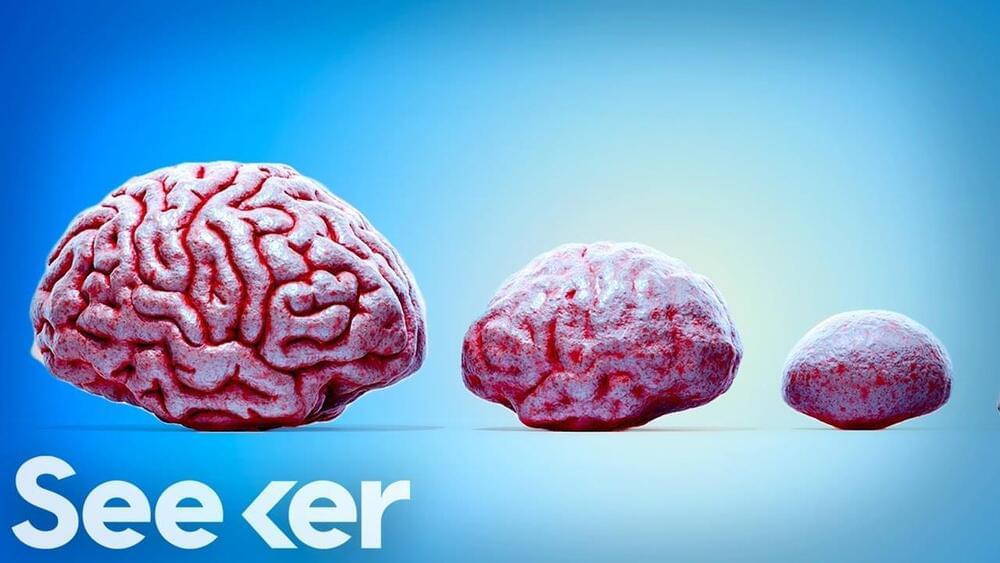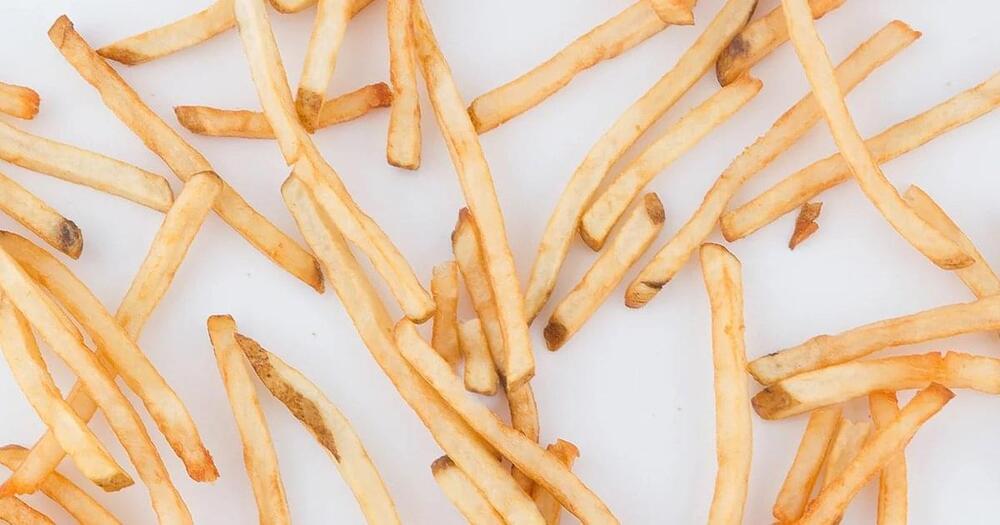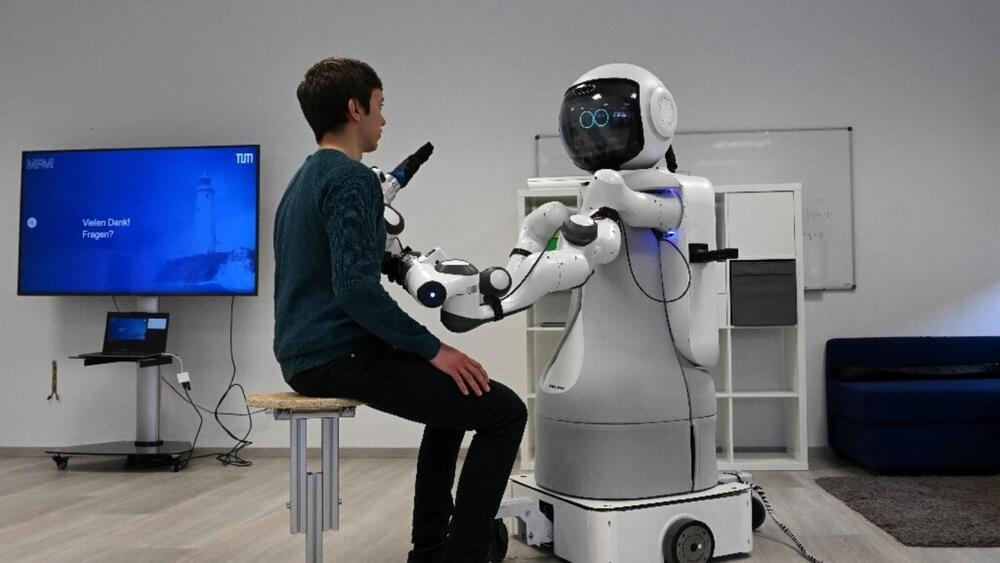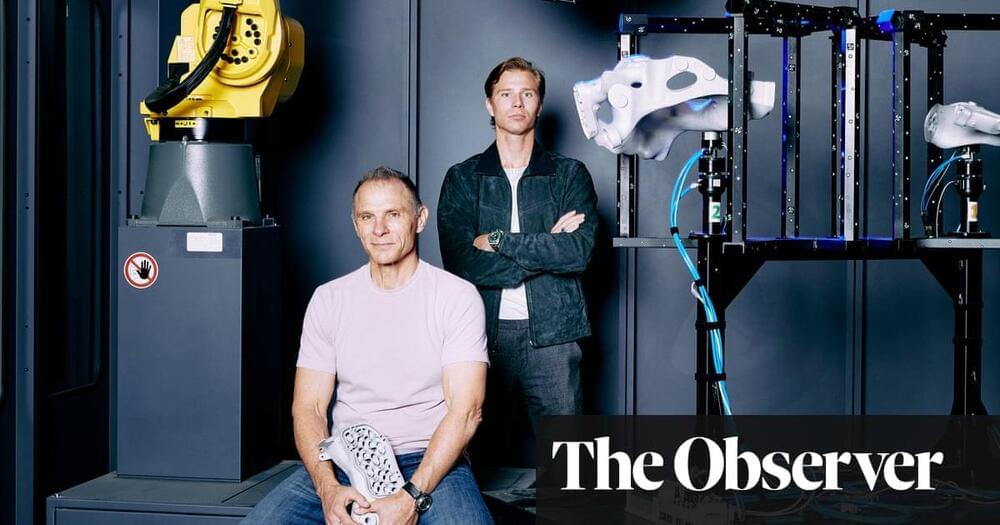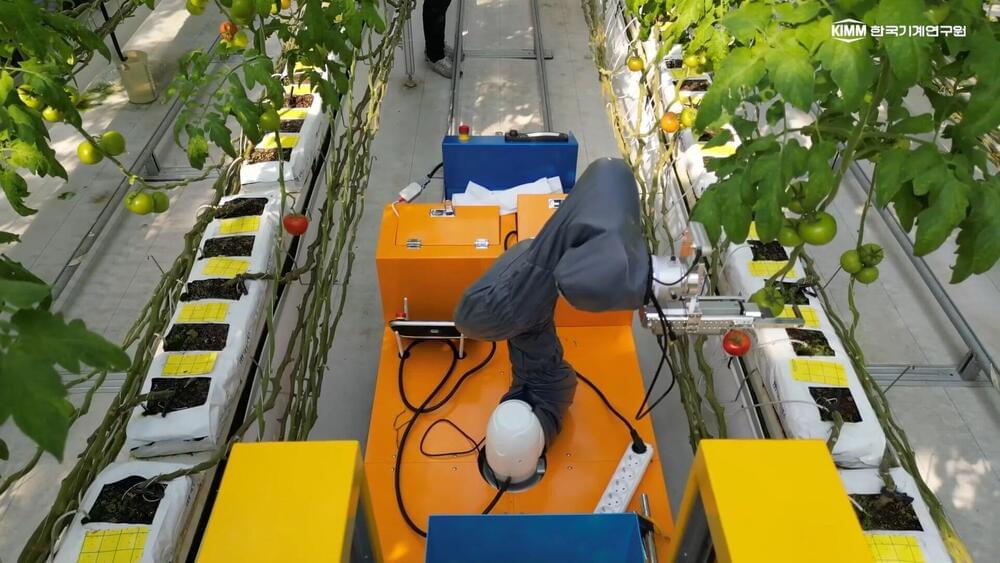
ChatGPT launched a tide wave of interest in AI. For many consumers, AI is finally living up to long overdue expectations. The accomplishments of ChatGPT in a short period of time are phenomenal. But what is yet to come when AI is combined with robotics will change everything.
I have been promoting the advances in robotics for several years. I even called 2022 the year of robotics, partially because of the growing need to overcome shortages in labor and to handle tasks beyond the physical or mental capability of humans, and partially because of the continued advances that AI, accelerated processing, semiconductor, sensors, wireless connectivity, and software technologies are enabling to develop advanced, autonomous machines. Robots are no longer just for the manufacturing floor. They are hazardous material handlers, janitors, personal assistants, food preparers, food deliverers, security guards, and even surgeons that are increasingly autonomous. Essentially, they are AI in the physical world. As a result, robot competitions are heating up from middle schools to Las Vegas.
As seen at CES, robotics technology is advancing rapidly with advances in technology. My favorite examples were the multi-configurable Yarbo outdoor robot and the John Deere See & Spray. Yarbo can be a mower, a leaf blower, or a snow blower. If it could dispose of animal excrement and the annoying neighbor, it would be perfect yard tool. On the other end of the spectrum was the John Deere See & Spray Ultimate, a tractor with up to a 120-foot (36.6m) reach that uses AI/ML to detect weeds smaller than the size of a smart phone camera and spray herbicide accordingly. John Deere also offers self-drive tractors.

